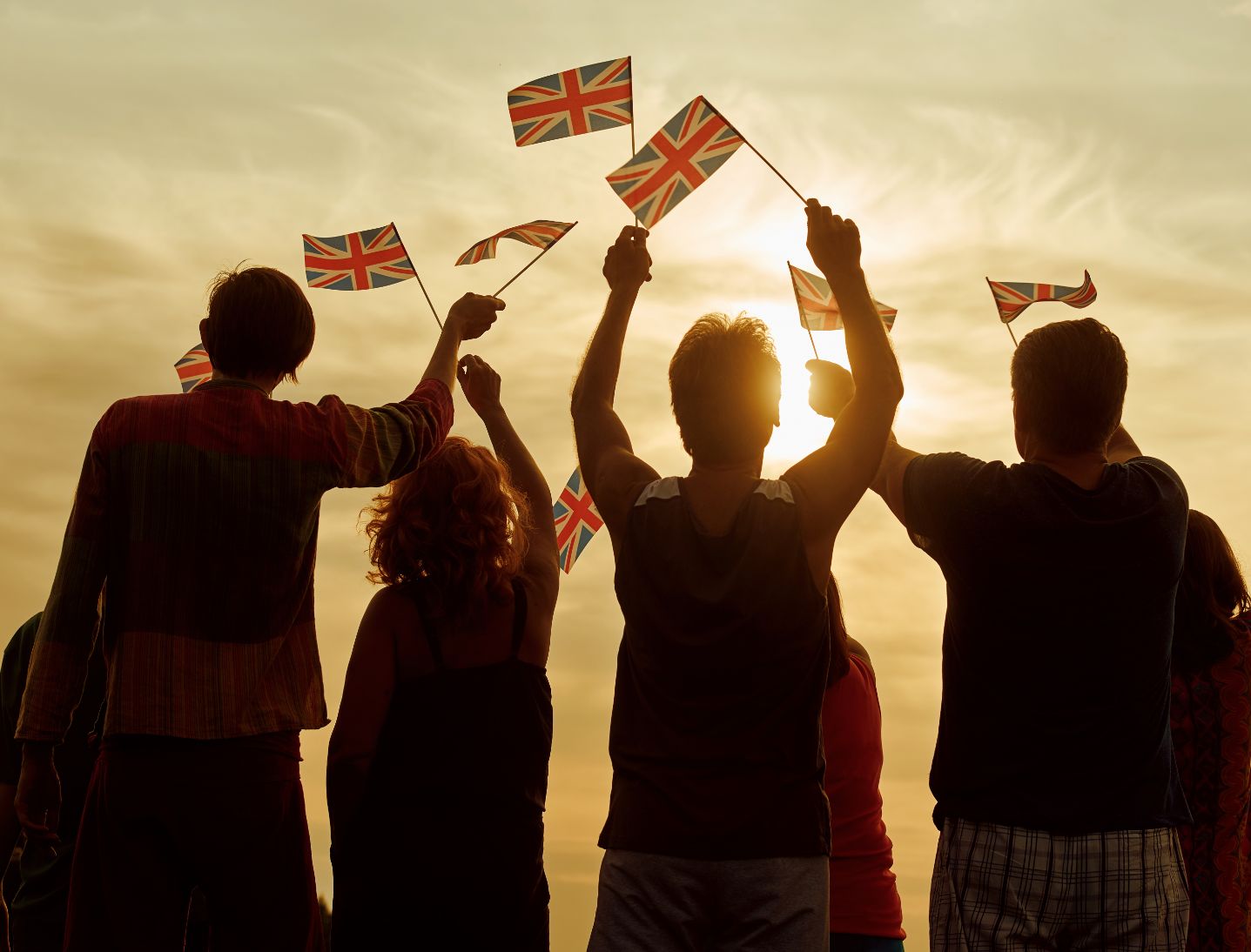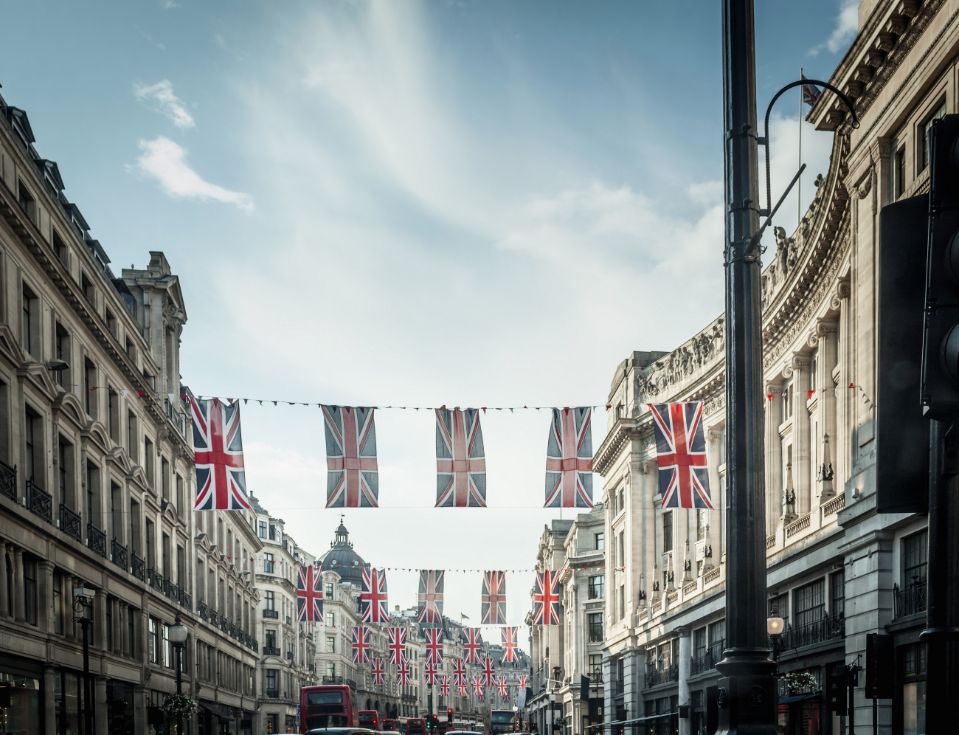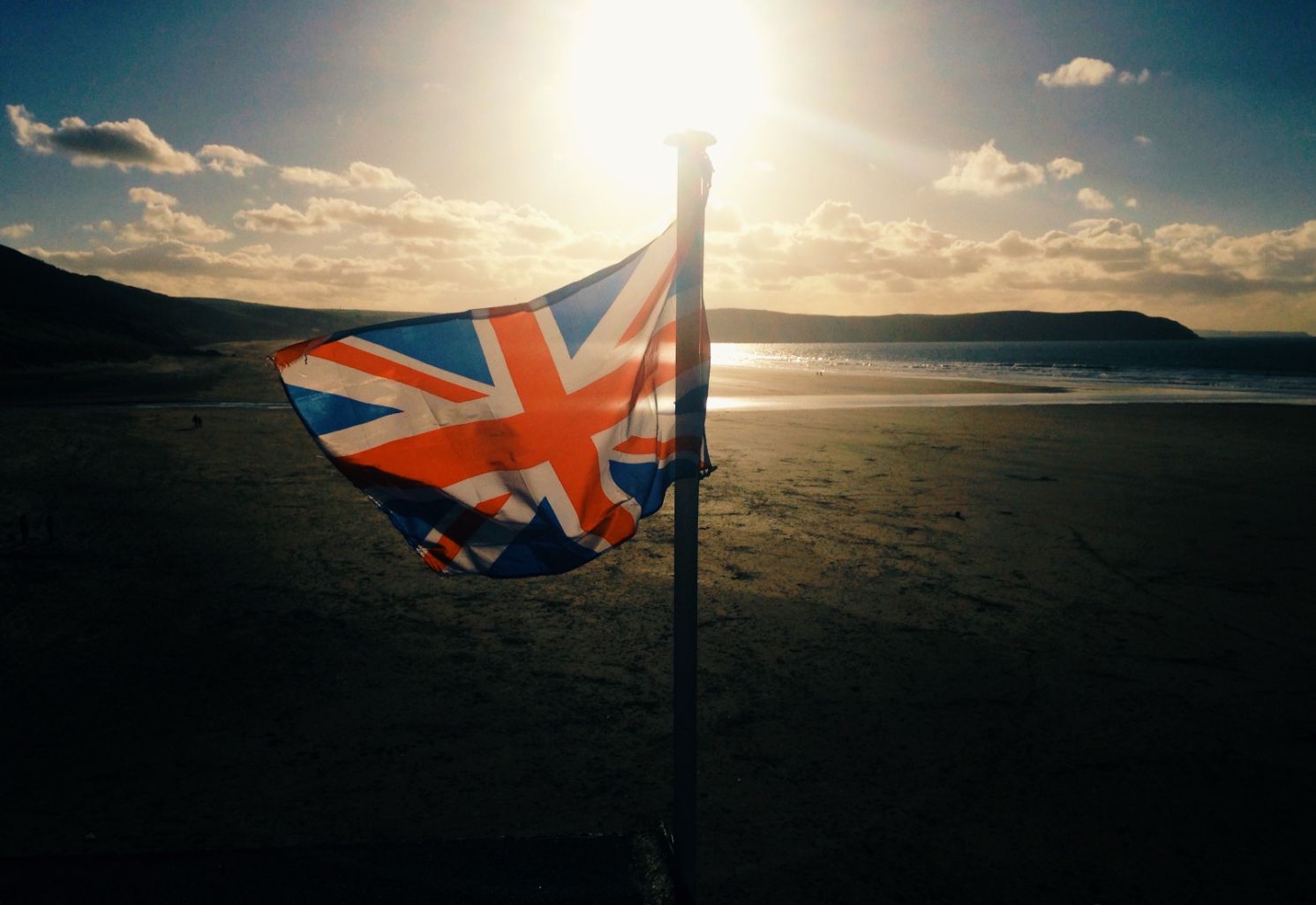Last Updated on February 22, 2024
In the wise words of renowned American author Christopher Hitchens, “I boldly assert, in fact, I think I know, that a lot of friendships and connections absolutely depend upon a sort of shared language or slang. Not necessarily designed to exclude others, this can establish certain comity and, even after a long absence, re-establish it in a second.”
Hitchens genuinely believed that the purpose of slang wasn’t to exclude others per se but to form unbreakable bonds with people. Slang helps to identify members of a particular group and fosters connections within the group.
Many philosophers beg to differ, though. They call slang “a societal tool of exclusion and segregation.” This point of view opines that slang only serves as a divisive tool amongst people in society. It goes on to say that slang is akin to a secret language, which few people understand.
As diverse as these philosophies may be, they both have some truth behind them. As with most fundamental concepts, people perceive the true purpose of slang differently. I believe that slang was intended as a tool of connection rather than segregation. It serves as a form of identity for certain people. It’s a piece of human culture to be treasured and preserved across generations.
As much as I’d love to chatter about the various nuances of slang, it would be best to delve into something more specific. Today’s article shall discuss the crown jewel of England: British Slang!
With over a billion speakers, the English language is easily the most spoken worldwide. It doesn’t come as a surprise that the British have a language within a language. Yes, British Slang. In this article, we shall explore some of the most dazzling British slang and its meanings. Let’s dive right in!

- All Over the Shop: This refers to the act of performing a task or action in a disorganized manner, going about it quickly without any planning whatsoever. For example: “Hannah has been all over the shop this morning and she still can’t find her phone.”
- All to Pot: This is a classic slice of British culture. This phrase is used to describe a situation where everything hasn’t gone according to plan. For example: “The soccer game went all to pot after the second half.”
- Ay Up Me Duck: This phrase is very popular in the northern parts of the UK, like Newcastle. It serves as a greeting. “Ay up” means hello, while “duck” is a term of endearment akin to a pet name.
- Aye: This Scottish term means “yes.”
- Blag: This term is used to describe persuading someone to get what you want. For example: “I can’t believe my name wasn’t on the guest list. I had to blag my way in.”
- Blimey: This phrase is used to express shock or surprise. For example: “Blimey! What’s that on her face?”
- Bloke: This is the British equivalent of “Average Joe.” It is used to describe a regular or ordinary man. For example: “I met Sean at the pub last weekend. He’s a nice bloke.”
- Bog: Initially, this term was used to describe mud-filled pits. However, it is currently used to describe a bathroom or lavatory. For example: “I need to powder my nose. I’m heading to the bog.”
- Bollocking: This term is used to describe when someone is being scolded or reprimanded. For example: “James got a bollocking for coming to class late this morning.”
- Bugger All: This term is simply British slang for “nothing.”
- Builder’s Tea: This is a colloquial term for “a strong cup of tea.” It is often associated with laborers. If someone ever asks for builder’s tea, ensure you leave the teabag in for a lengthy period.
- Buzzing: This is used to express excitement or joy. For example: “I’m buzzing for the new Avengers movie.”
- Cheeky: This term is used to describe an individual that is rude or careless in a playful and likable manner. For example: “Jonah had the audacity to ask for seconds. He’s so cheeky.”
- Chuffed: If someone is chuffed, it means that the person is happy or pleased. For example: “Hannah was chuffed when she got accepted into Oxford.”
- Chunder: This is simply the British form of “throw up.” It means to vomit because of too much drinking.
- Div: This term is an abusive one. It means “a person who behaves like a fool.”
- Dodgy: This phrase is used to describe something illegal or fake. It is also used to describe someone that seems suspicious. For example: “Those guys that hang out at the alley seem dodgy.”
- Faff: This phrase is used to describe a tedious and irritating task that comes at the expense of something more enjoyable. For example: “Doing all this homework is a faff. I’d rather play soccer with my mates.”
- Fair Do’s: This expression is used to respond when someone makes a good point or observation. It is akin to “Fair enough.” For example: “Jonah said he couldn’t make it for the party because he had a doctor’s appointment. Fair do’s.”
- Fit: This term is commonly used to describe someone who is in good physical shape. However, in British slang, it is also used to describe a person you find attractive or desirable. “Jamie is so fit!”

- Geezer: Even if you aren’t familiar with British slang, you’re sure to have heard this one before. The term geezer is used to describe an older man usually found drinking in a pub. For example: “Why is that geezer sitting alone?”
- Gobby: This expression is used to describe someone annoying, loud, and brash. For example: “I don’t like James. He’s too gobby.”
- Gutted: This term is used to express deep disappointment. For example: “Hannah was so gutted when she found out that she failed her math test.”
- Innit: This expression is simply a contraction of the phrase “isn’t it?” It could be used to ask a question or lay emphasis on a statement. For example: “That’s just how the dice rolls, innit?”
- Jammy: This term is used to describe a lucky person. For example: “He passed the test on his first try. He’s so jammy.”
- Kerfuffle: This term describes a state of disturbance, confusion, or commotion that leads to panic. For example: “In the kerfuffle of the earthquake, many students abandoned their belongings.”
- Knackered: This phrase is used to describe a state of exhaustion or tiredness. For example: “My car isn’t starting. Its battery must be knackered.”
- Lad: This phrase is used to describe a boy. For example: “Paul is a tall lad.”
- Lush: This term describes something pleasing or exciting. For example: “After a long day of work, I had a lush shower.”
- Mate: This phrase is used as a term of endearment. For example: “How was your trip, mate?”
- Miffed: To be miffed means that you are annoyed or irritated by something.
- Minging: This term is used to describe something irritating or disgusting. For example: “I saw worms in my plate of food. It was so minging.”
- Minted: This phrase is used to describe a wealthy individual. For example: “James got us all tickets to the game. He’s so minted!”
- Mug: This British slang has two meanings. It is used to describe someone’s face. In addition, it can also be used to describe a gullible individual.
- Naff: This term is used to describe something cheap, tacky, and unfashionable. For example: “Those boots are naff.”
- Nick: This term means to steal something. For example: “They nicked that old lady’s purse.”
- Piss off: This is a rude remark. It means that you want someone out of your sight.
- Quid: This slang means “pound.” When I say a pound, I’m referring to currency, not a measure of weight.
- Rubbish: This word is used to denote garbage or waste. Think of it as the British equivalent of “crap.”
- Safe: This phrase is used to describe a likable or cool person. For example: “I played soccer with Paul last week. He’s safe.”

- Skint: This term is used to describe someone who has no money. It’s the British equivalent of “broke.”
- Skive: This phrase means to avoid or dodge an event or something. For example: “I skived off school today. I told them I had a dentist appointment.”
- Snog: This term means “kiss.”
- Sod: This term is abusive and can be used hand in hand with cheeky. It is used to express contempt towards a rude person.
- Ta: This term is British for “Thank you.”
- Taking the Piss: This means that you’re not handling something with the respect it deserves. For example: “Stop taking the piss and focus on the topic at hand.”
- Top Bants: This phrase has two meanings. It is used to denote playful banter. It can also be used to describe a fun and exciting event. For example: “Jacob’s party was top bants.”
- Wanker: This phrase is another commonly known British slang. It is used to describe a person you strongly dislike. For example: “Paul is so rude and proud. He’s a bloody wanker!”
- Wean: This term is used to describe a baby or child. For example: “How are the little weans doing?”
- Scrummy: This term is used to describe a delicious meal. Think of it as the British form of “Scrumptious.”
Regardless of your standpoint on the true intentions behind slang, it is irrefutable that it is a societal tool that fosters connection amongst peers. It gives certain groups of people an identity and a slice of this earth. That, in its entirety, is a wonderful thing.

To this end, I leave you with the wise words of David Crystal. “There’s an old little jingle: ‘The chief use of slang is to show that you’re one of the gang.’ What that means is that every social group has its own linguistic bonding mechanism. If there’s a group of lawyers, they have their own slang. If there’s a group of doctors, they have their own slang, and so on.



